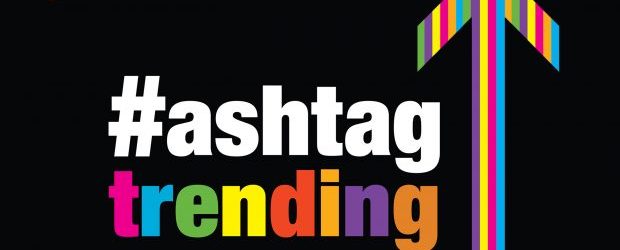The text message celebrates a milestone birthday, Google’s AI built its own AI child, and Ford workers are testing superstrong exoskeletons.
Trending on Facebook is the 25th anniversary of the first text message ever sent. The Short Message Service, otherwise known as an SMS, was sent from a computer to a mobile phone on December 3, 1992 by Neil Papworth, a UK software developer who now lives in Canada. The text said “Merry Christmas” as the receiver, telecom company director Richard Jarvis, was at a company holiday party when he got the message. It took another year for handheld devices to be able to send texts themselves. Now, about 23 billion texts are sent globally every day and in 2015, there were 8.3 trillion text messages sent overall.
On Reddit today is news that AutoML, an artificial intelligence platform developed by researchers at Google earlier this year, is now capable of generating its own AIs. More specifically, AutoML created an AI “child” that outperformed all of its human counterparts. AutoML develops AI networks for specific tasks, and so its latest creation, called NASNet, can recognize objects in a video in real time. After evaluation, NASNet was accurate almost 83 per cent of the time, which is a couple per cents better than any other published results so far globally.
And lastly, from Google Trends, the Ford Motor Company is officially testing the first prototype of its bionic exoskeleton in some manufacturing facilities. The exoskeleton was developed by Ekso Bionics and funded by Ford and is meant to help wearers maintain their upper torso health and protect them from excessive workloads. The company says even common tasks like tightening bolts or regularly lifting and carrying small loads can affect the working capacity of people, so this exoskeleton could help people do their jobs with less stress on their bodies. Pilot testing has begun in a couple US-based Ford plants, and the program will be extended throughout the year to other facilities in Europe and South America.
